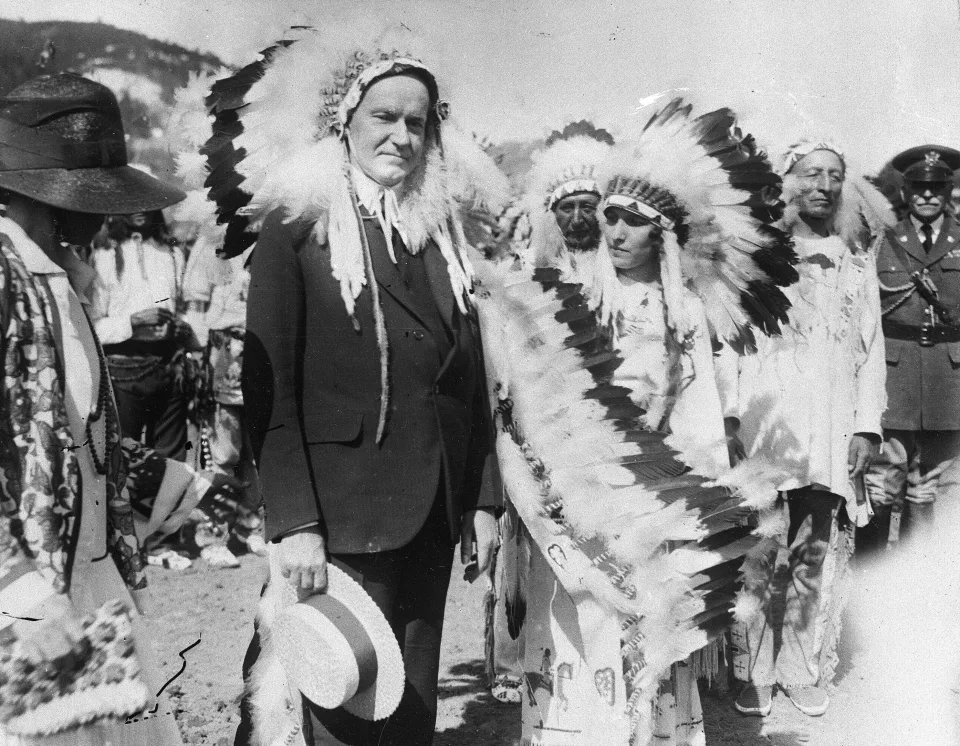100 years ago, the Indian Citizenship Act of 1924 was passed, granting citizenship to all Native Americans born in the US. However, many states still denied them the right to vote for several more decades.
In New Mexico and Arizona, Native Americans were not able to vote until the 1940s/1950s. Some argue this was intentional to prevent large Native populations from influencing election outcomes.
Even after gaining citizenship, many Natives still faced barriers to voting like lack of addresses, long travel distances to polls, and literacy tests. The Voting Rights Act of 1965 helped increase Native voter participation.
Now, New Mexico is testing provisions of its new Native American Voting Rights Act, like designating tribal offices as addresses and having mobile polling sites on reservations. However, some counties are still limiting voting access.
Advocates argue full voting rights granted in 1924 have still not translated to equal access, as states have passed new restrictive voting laws post-2013. But groups are working to educate Native voters on their rights and make the polling process more accommodating.
Source: apnews









